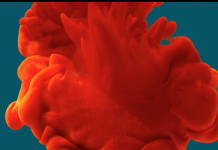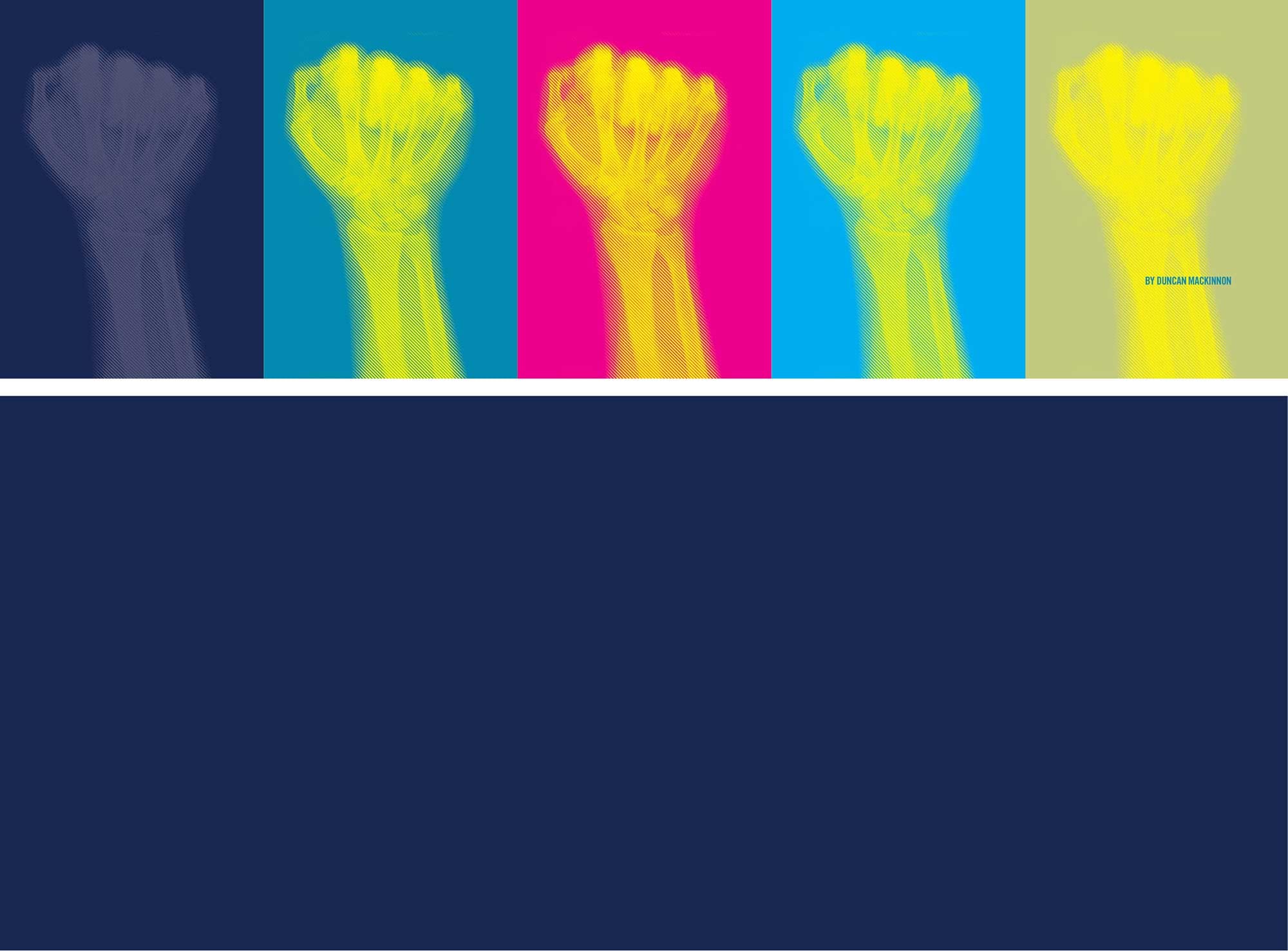The field of medicine is undergoing a radical transformation. Cutting edge technologies arrive everyday and the doctors of tomorrow need to be ready to adapt and embrace them. The only answer to this onslaught of change is for medical education to change with it – to lead the way. So how do we prepare health practitioners for this future?
“As educators, I don’t think we would be doing our job well if we were not striving for excellence through continuous change as we adapt to the world around us that is transforming at warp speed,” says Dr. Stacey Bernstein, Associate Professor of Paediatrics.
In the face of this ever-changing landscape, the U of T Medical Program has changed its curriculum. The Faculty of Medicine shares the view that students who become the physicians of the future need to be able to function in a changing health care system, to use technology effectively, to focus on prevention and public health, and on patient safety and quality improvement.
Professor Brian Hodges of the Department of Psychiatry and Executive Vice-President of Education at the University Health Network has been at the forefront of this revolution.
According to Professor Hodges, “The explosion of technological advances including computers that solve problems and display forms of empathy, challenges us to question what a health professional of the future will be. The progression of robotics will recast which technical skills are needed from human healthcare professionals.”
As a result, Professor Hodges believes that tomorrow’s doctors will need to adapt a different skill set. They “will need to do what machines cannot – integrate complex knowledge, adapt their expertise to different contexts, work in teams to address complex problems and, most importantly, find ways to convey a warm, compassionate and caring human presence.”
But is possible for any medical program to predict these changes and adapt proactively? How is U of T preparing today’s med students to be tomorrow’s doctors?
According to Dr. Bernstein, “Our Medical School curriculum is in the midst of a revolution with an extensive pre-clerkship overhaul. We have longitudinal integrated clerkship (LInC) pilots at five hospital sites next year. The LInC is a relationship-based curriculum with the patient at the centre of care.” As Clerkship Director of the LInC, Dr. Bernstein is overseeing a complete redevelopment of the first two years of the MD program at U of T.
These first two years, now called Foundations Curriculum, will feature a highly integrated program with clinical content from the beginning of medical school, early exposure to patients and the community setting, extensive use of online materials to support learning, and an assessment program involving frequent lower stakes exercises designed to support learning, and provide rich feedback with guidance to address areas requiring more attention.
Dr. Shirley Lee, Associate Professor of Family and Community Medicine believes that “medical education in my eyes is undergoing a revolution already.” She sees examples of this in “the shift in culture to the emphasis on learner-centered knowledge processes, and the excitement in the field being driven by medical educators in Canada who have the leadership, vision, passion and enthusiasm to embrace change.
For change to be effective, it needs to be embraced. In this case, not only by faculty but perhaps even more so, by the students.
Alex Mihailidis, Associate Professor of Occupational Science & Occupational Therapy, Institute of Biomaterials & Biomedical Engineering says that “we need to take greater care in teaching our students the importance of working collaboratively, whether this is our colleagues, or more importantly, the clients that we serve.”
So when it comes to the future of Healthcare in general, and the practical questions around medical education at U of T specifically, the only answer to a radical shift in technology? Answer with radical shifts to curriculum and teaching methodology.
Professor Hodges expressed his hope that “health professionals will voluntarily work to create opportunities to regularly expose themselves to challenges using tools like simulation, e-learning and peer-based case discussions which push the boundaries of their knowledge and skills and that we will learn regularly from the challenges, near misses — and even the inevitable medical errors — that affect us all.”
Reimagining curriculum and adapting teaching methodology in the face of the shifts in the health care profession, as a whole, is evolutionary. Having the foresight to ensure these changes are put it into practice – that’s revolutionary.
With files from Liam Mitchell























